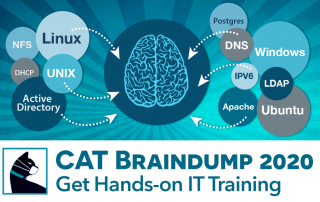New round of Phishing Spam aimed at web site content
Recently, web site maintainers in MCECS have been receiving phishing emails disguised as complaints about the misuse of copyrighted images on their sites. The emails are often submitted through a contact form or to published contact email addresses. They often have a title that looks like: You have no legal rights to use my images [...]


